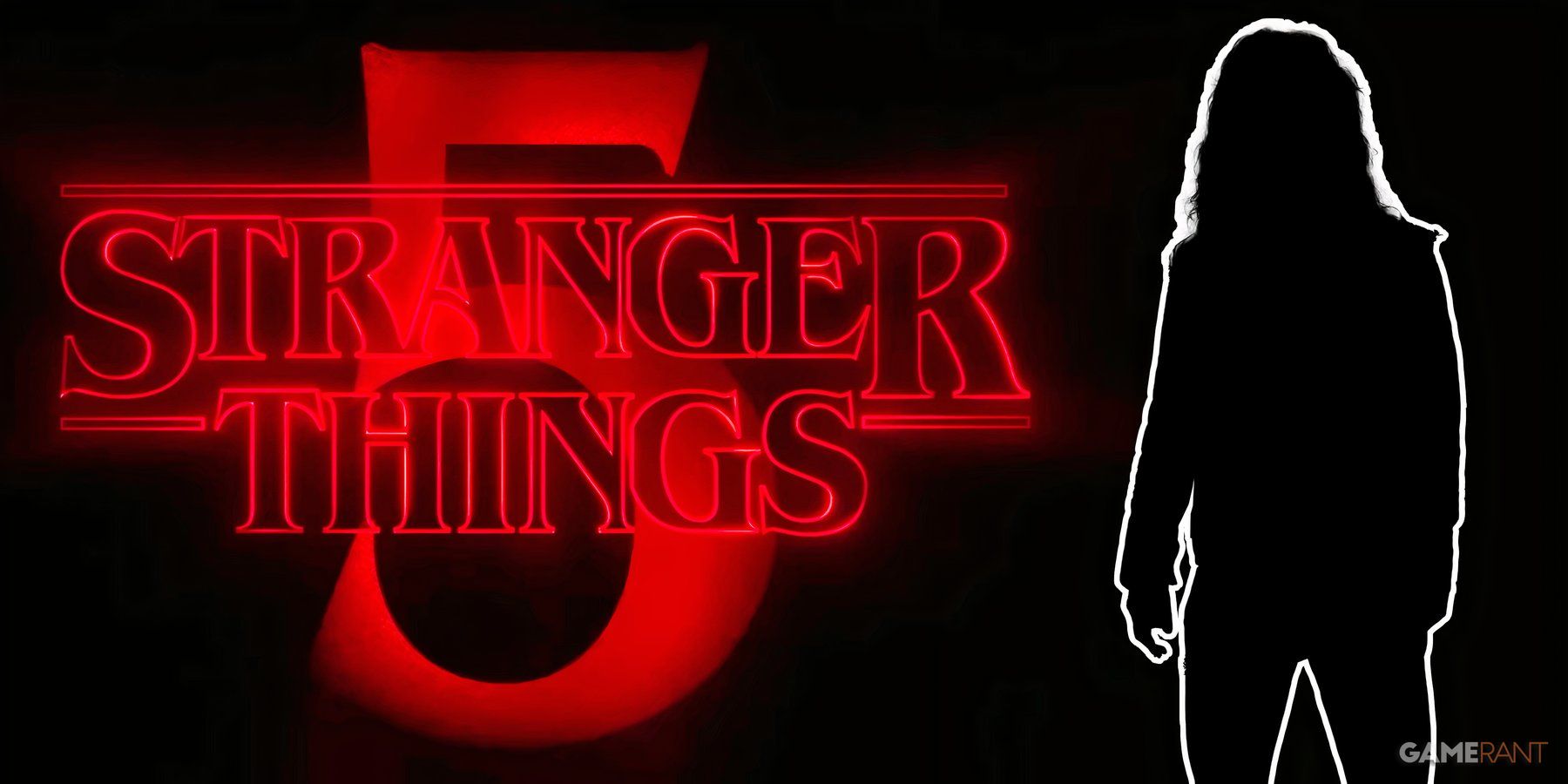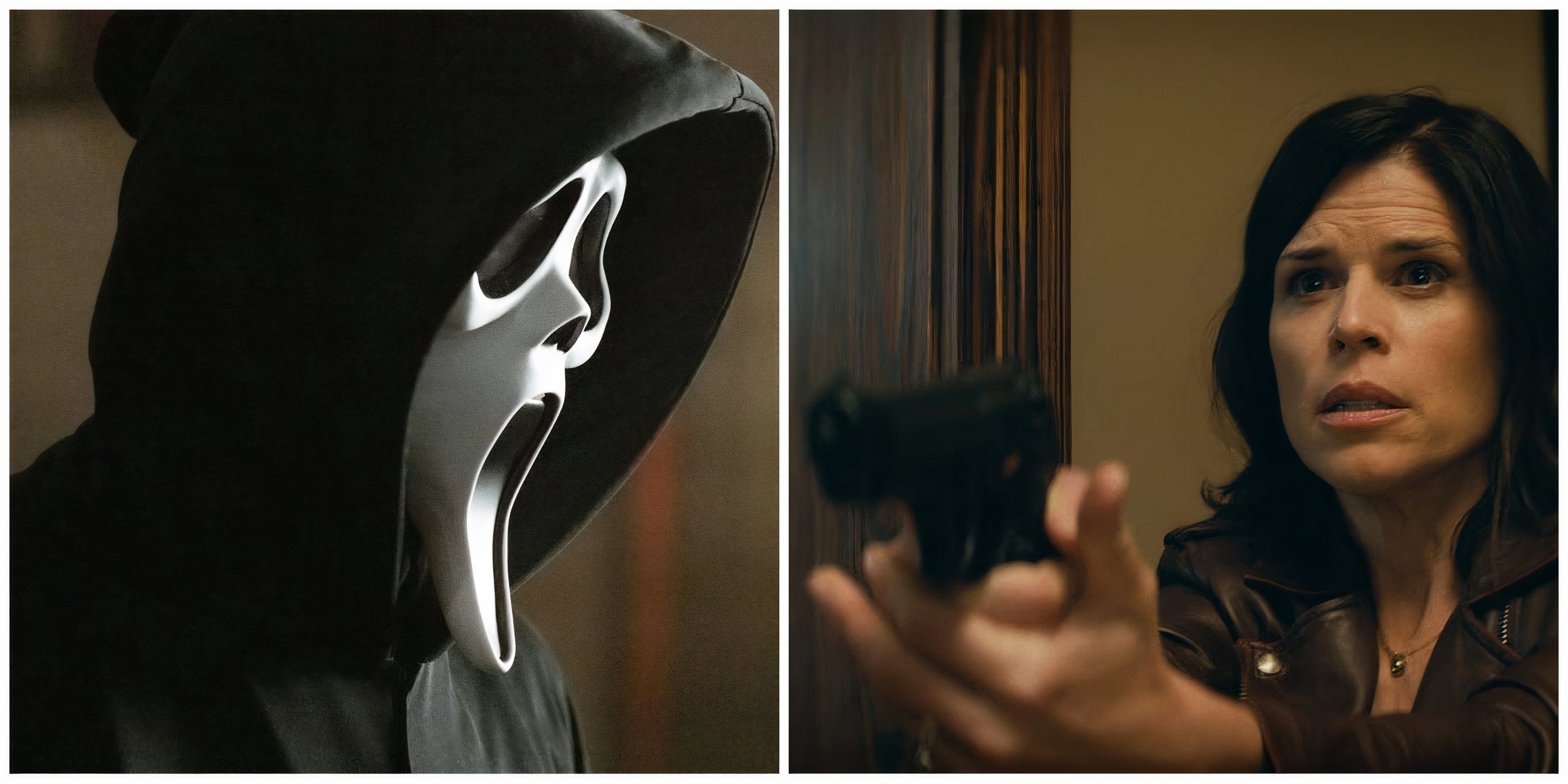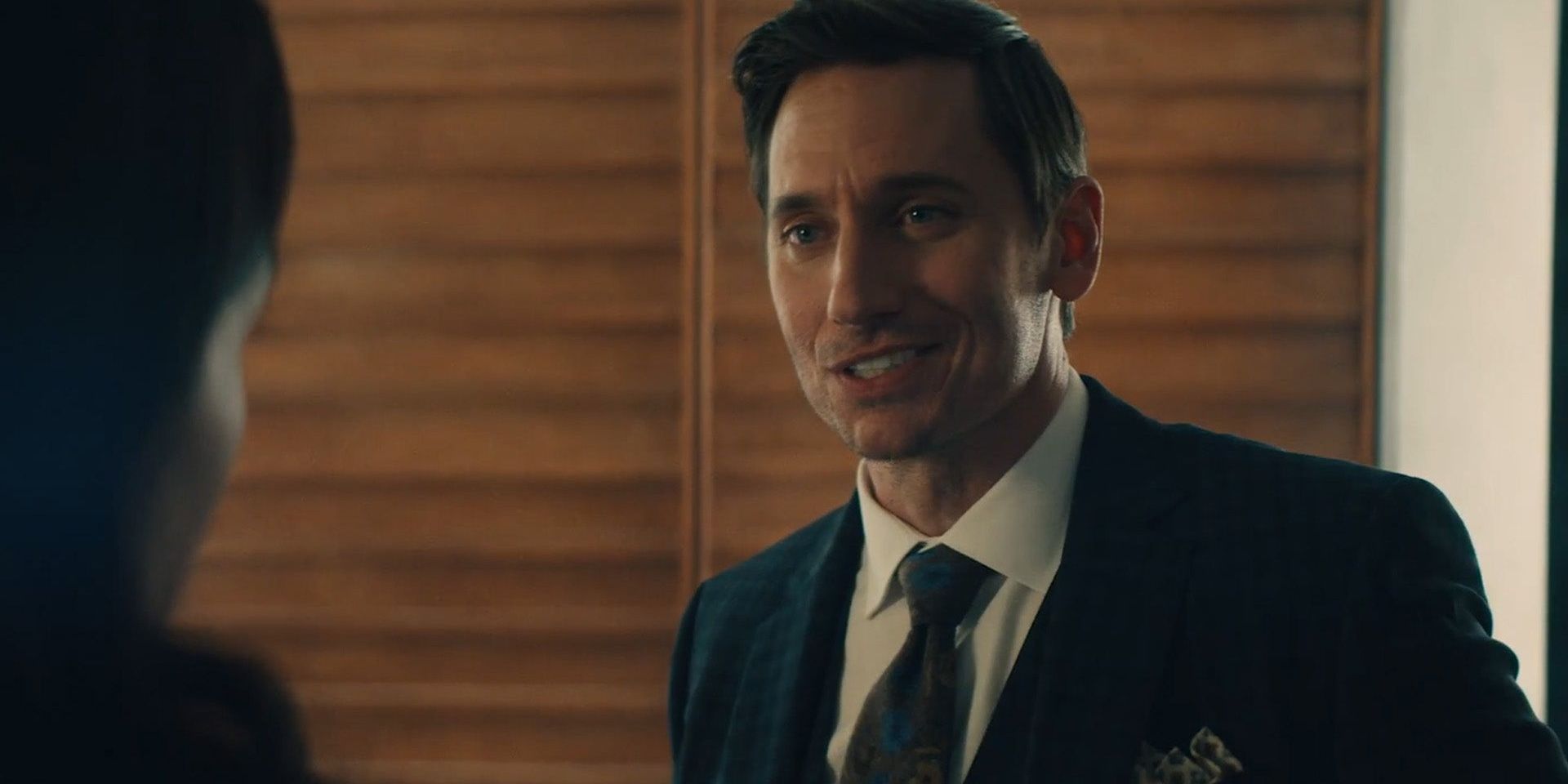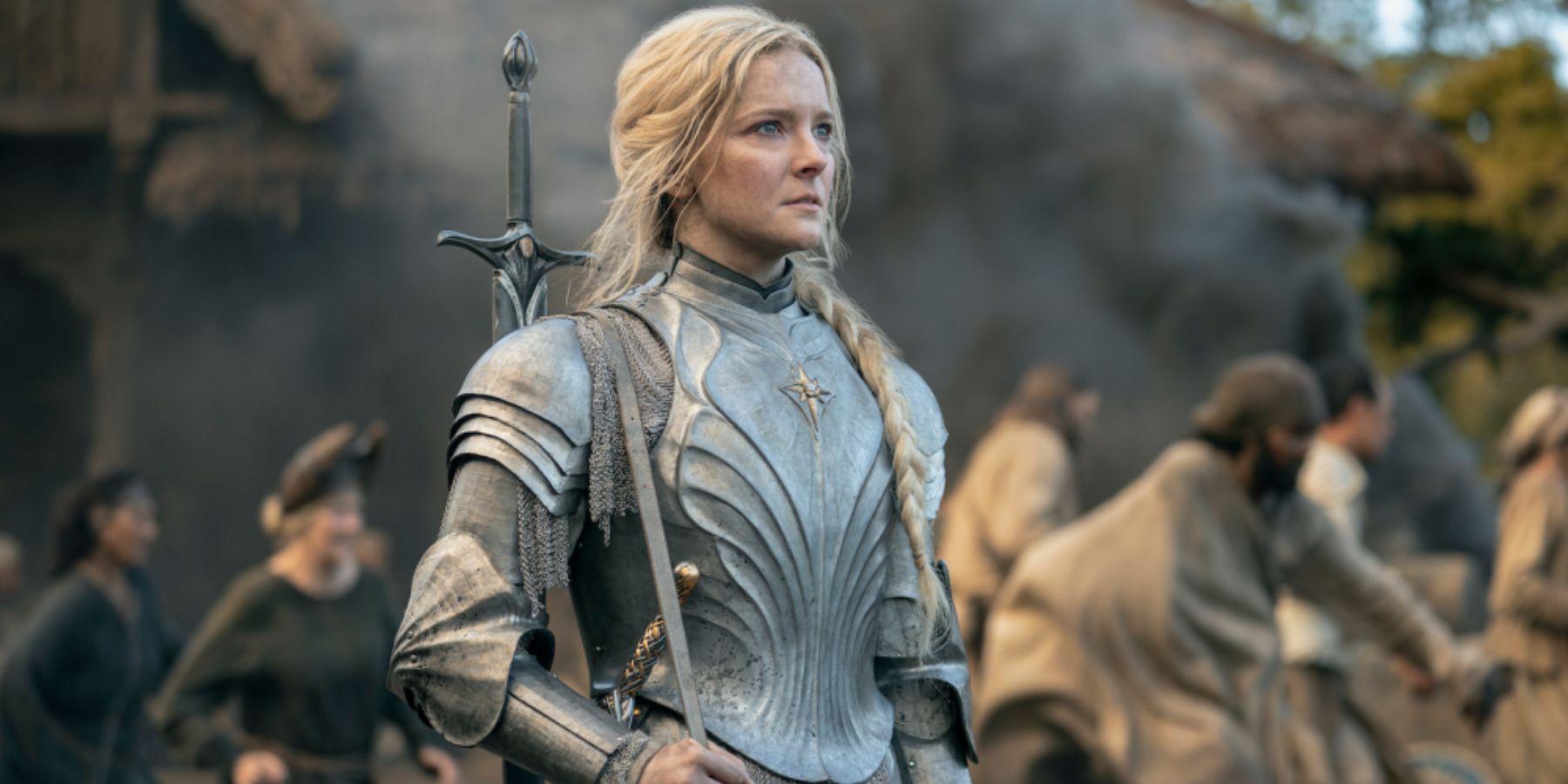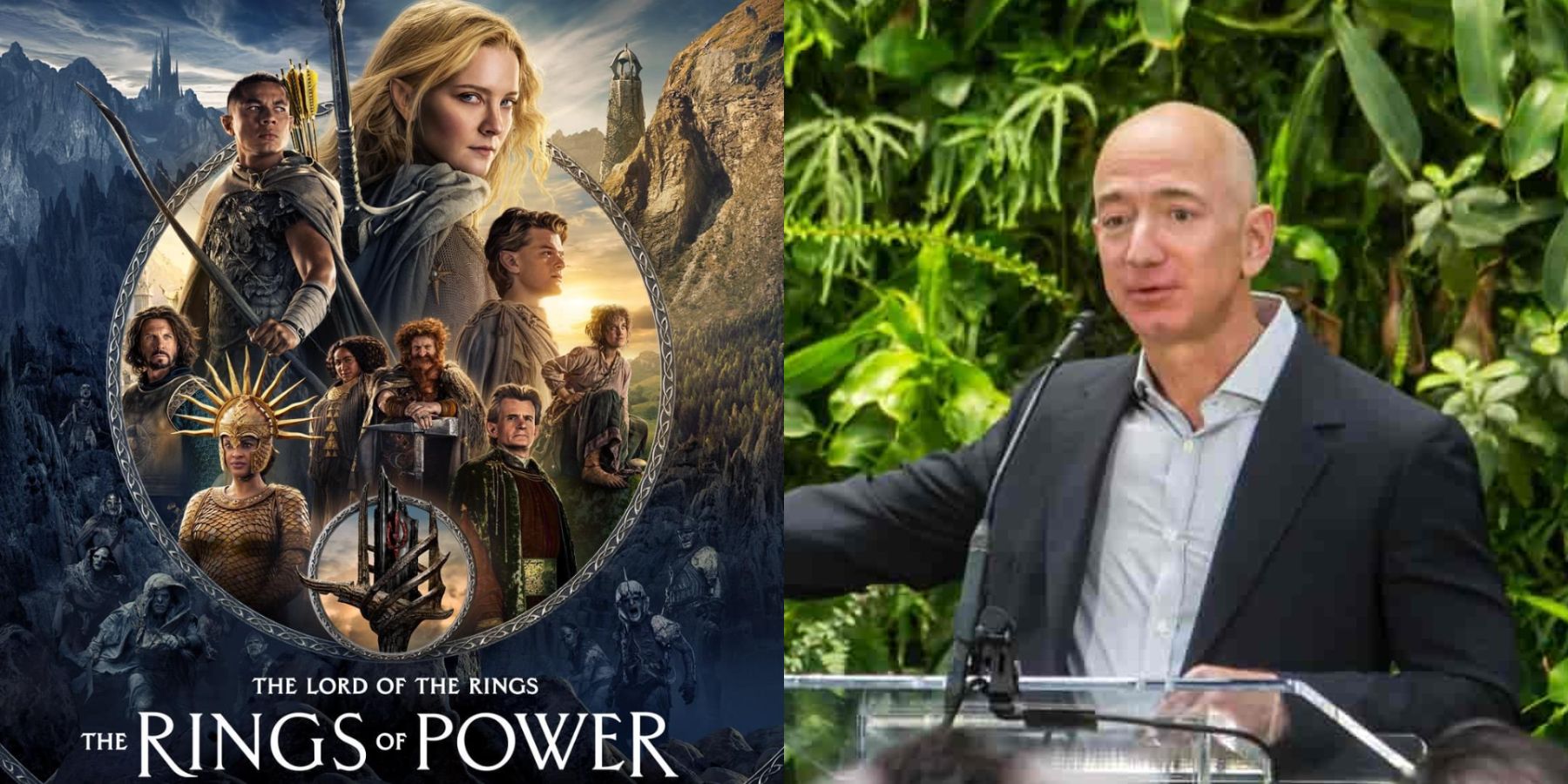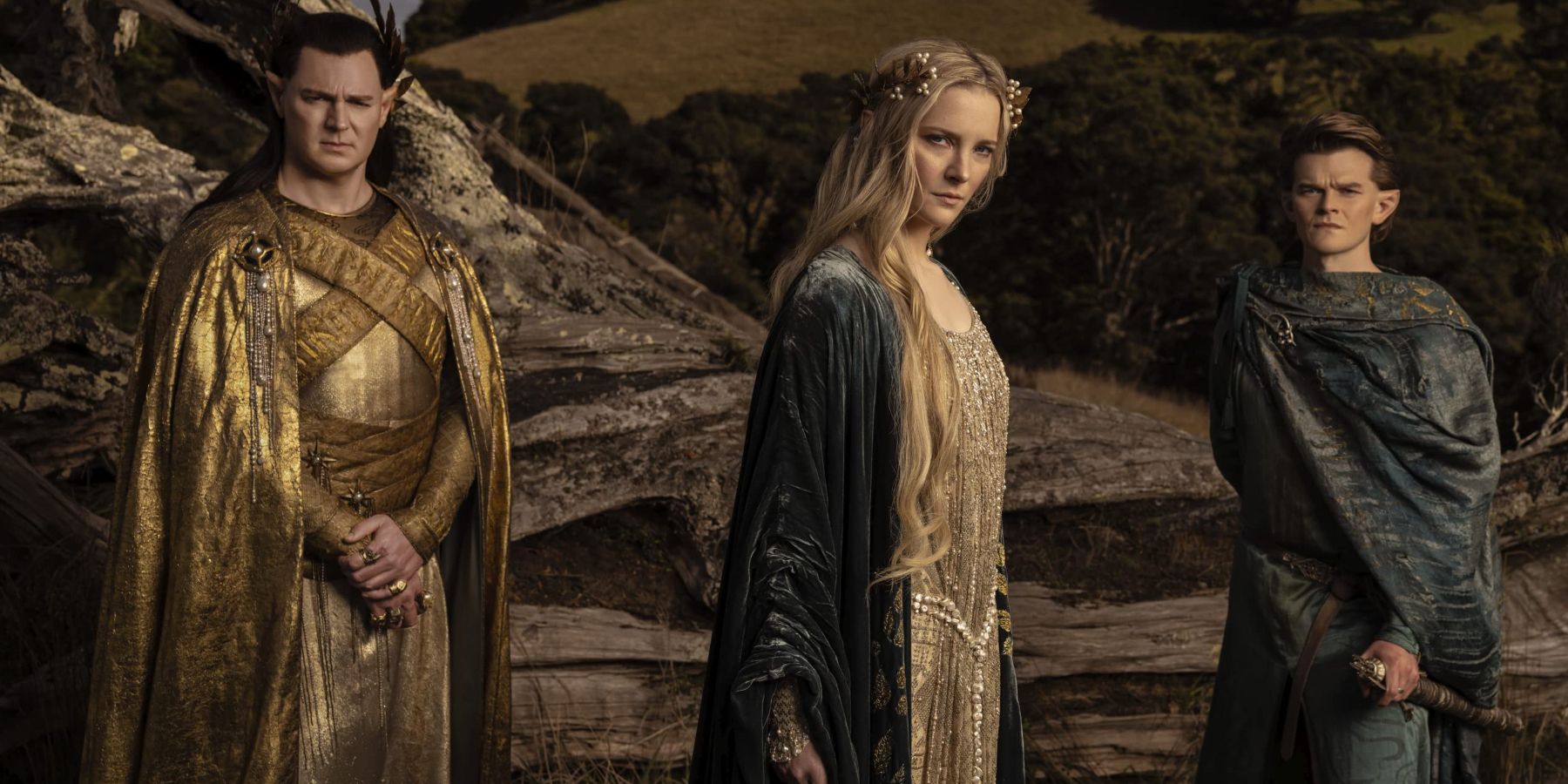Highlights
- A fan fiction writer's lawsuit against Amazon and the Tolkien estate over copyright infringement for LOTR was dismissed by the judge.
- The judge ruled that the writer failed to demonstrate how Amazon and the estate replicated protected elements from his novel.
- The ruling allows Amazon and the Tolkien estate to continue producing and distributing their LOTR series.
The Lord of the Rings (LOTR) is a fantasy franchise created by J.R.R. Tolkien, based on his novels and poems. The estate of the late J.R.R. Tolkien has vigilantly safeguarded his intellectual property rights and has not granted authorization for any adaptations or sequels of his works. Nevertheless, this has not deterred certain fans and writers from attempting to capitalize on the original trilogy's success, adapted into a blockbuster movie series by Peter Jackson.
One such writer, Demetrious Polychron, asserts that he has penned a novel titled The Fellowship of the King, an unauthorized sequel to LOTR. He further alleges that Amazon and the Tolkien estate have violated his copyright by producing The Lord of the Rings: The Rings of Power, which he claims is based on his novel.
Who Tried To Sue Amazon And The Tolkien Estate?
Demetrious Polychron, a fan fiction writer who has been crafting stories inspired by LOTR since 2017, registered his novel with the U.S. Copyright Office in the same year and published it in 2022. He maintains that while his novel is inspired by Lord of the Rings and J.R.R. Tolkien, it is an entirely original creation.
Polychron has leveled serious accusations against Amazon and the Tolkien estate, claiming that they appropriated numerous elements from his novel for series, The Lord of the Rings: The Rings of Power, which debuted in 2022. He alleges that characters, poems, plot points, and themes from his work were used without his consent or acknowledgment. Seeking recompense for copyright infringement, he has demanded $250 million in damages, as reported by Deadline.
In 2019, Polychron reached out to J.R.R. Tolkien's grandson, Simon Tolkien, in an attempt to pitch his novel and solicit a review from the estate. However, he asserts that Simon rebuffed his proposal without providing feedback or guidance. Subsequently, in 2020, he dispatched a copy of his novel to Simon's residence but received no response, as per IGN.
Following his discovery of the production of The Rings Of Power based on LOTR, Polychron initiated legal action against Amazon and the Tolkien estate in April 2023. He filed a lawsuit in the Los Angeles federal court on April 20, 2023, seeking $250 million in damages for copyright infringement.
What Was The Decision In The LOTR Lawsuit?
Judge Steven V Wilson recently ruled on Polychron's lawsuit against Amazon and the Tolkien estate. The judge dismissed Polychron's claims, labeling them as unreasonable and frivolous, according to The Guardian. He further restricted Polychron, preventing him from selling any of the copies of his book and releasing any planned sequels.
In his ruling, the judge determined that Polychron had not presented a valid claim for copyright infringement as he failed to demonstrate how Amazon or the Tolkien estate had replicated any protected elements from his novel. Furthermore, the judge found no evidence that Polychron had registered or published his novel before the production of the series by Amazon or the Tolkien Estate.
The judge highlighted that Polychron had only registered his novel with a single online database after its publication date, contradicting his assertion that he had registered it before making it available online for free under a Creative Commons license. Additionally, the judge noted the absence of proof that Polychron had dispatched copies of his novel to Simon Tolkien or any representatives of Amazon or the Tolkien estate before initiating legal action.
Consequently, the judge concluded that Polychron had effectively created an unauthorized derivative work by releasing an online version of his novel without obtaining permission from Amazon or the Tolkien Estate. Therefore, he could not claim ownership or authorship over their series production based on his novel.
Furthermore, the judge rejected Polychron's demand for $250 million in damages, deeming it excessive, baseless, and contrary to public policy. Polychron has been ordered to destroy all physical and electronic copies of his book and to file a declaration under penalty of perjury. He has further been instructed to pay the legal fees amounting to $134,000 to Amazon and Tolkien Estate. As per BBC, Tolkien Estate’s U.K. solicitor Steven Maier of Maier Blackburn gave out a statement after the verdict:
‘This is an important success for the Tolkien estate, which will not permit unauthorized authors and publishers to monetize JRR Tolkien’s much-loved works in this way. This case involved a serious infringement of The Lord of the Rings copyright, undertaken on a commercial basis, and the estate hopes that the award of a permanent injunction and attorney’s fees will be sufficient to dissuade others who may have similar intentions.’
The lawsuit between Polychron and, Amazon and the Tolkien estate for the Lord of the Rings dispute was dismissed by the judge, who ruled that Polychron had no valid claim for copyright infringement. The judge’s ruling allows Amazon and the Tolkien estate to continue to produce and distribute their series to the public. The lawsuit also illustrates the legal risks of fan fiction writers who may attempt to profit from the works of others without their permission or acknowledgment.
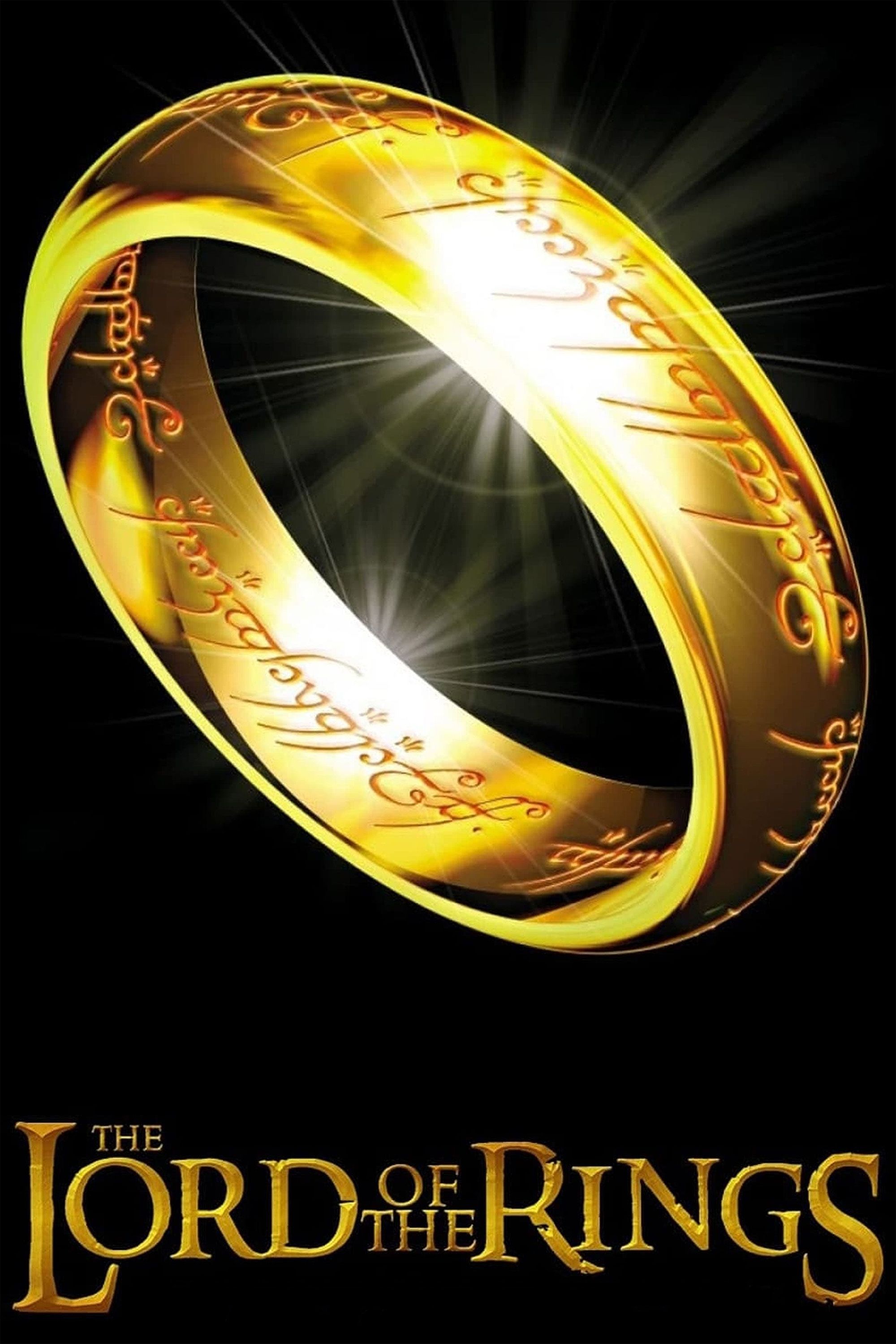
The Lord of the Rings
The Lord of the Rings is one of the most iconic names in entertainment. The franchise started with novels from J. R. R. Tolkien before being adapted onto the big screen by Peter Jackson in one of the most critically-acclaimed film trilogies of all time. There have also been numerous The Lord of the Rings video games of varying quality.
Sources: BBC, Variety, The Guardian, Deadline, IGN

